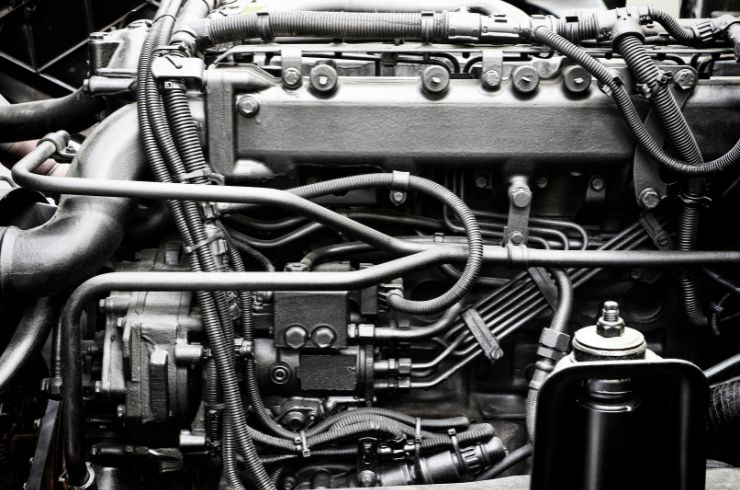
The commitment to “going green” has never been more significant or widespread than it is today. Simple changes like using biodegradable straws or sustainable cleaning products are easy ways that we can help the planet. More substantial options include driving electric cars, but not everybody can afford one or wishes to drive an electric vehicle, which leaves us with gasoline or diesel engines. Are diesel engines good for the environment? Read on because the answers may surprise you.
Benefits of Diesel Engines
There are many notable advantages when it comes to driving a vehicle powered by a diesel engine. The most apparent and appreciated is that diesel engines are more fuel efficient and regularly get more miles to the gallon than gasoline-powered cars of roughly the same size and build. Diesel engines use less fuel and require fewer resources and maintenance throughout the years, keeping them reliable and sturdy. Diesel engines are exceptionally long lived and more reliable than gasoline engines as well.
Disadvantages of Diesel Engines
The prevailing thought in years past was that diesel engines are not good for the environment. Despite diesel’s attractive fuel economy, many people associate diesel engines with a much larger output of toxic gases and chemicals, including carbon dioxide, nitric oxide, and potentially harmful carcinogens. However, many of these issues come from older models of diesel engines rather than today’s cleaner, newer models.
Diesel Engines and the Environment
Diesel engines do play a role in the automotive landscape if you’re looking for clean, sustainable driving options. It’s worth noting that, thanks to emission regulations, diesel engines run cleaner than ever before. While we still have a way to go before we can all agree that diesel engines are an environmentally friendly option, manufacturers continue to make high-quality machines with the same level of power and reliability while drastically lowering harmful pollutants.





